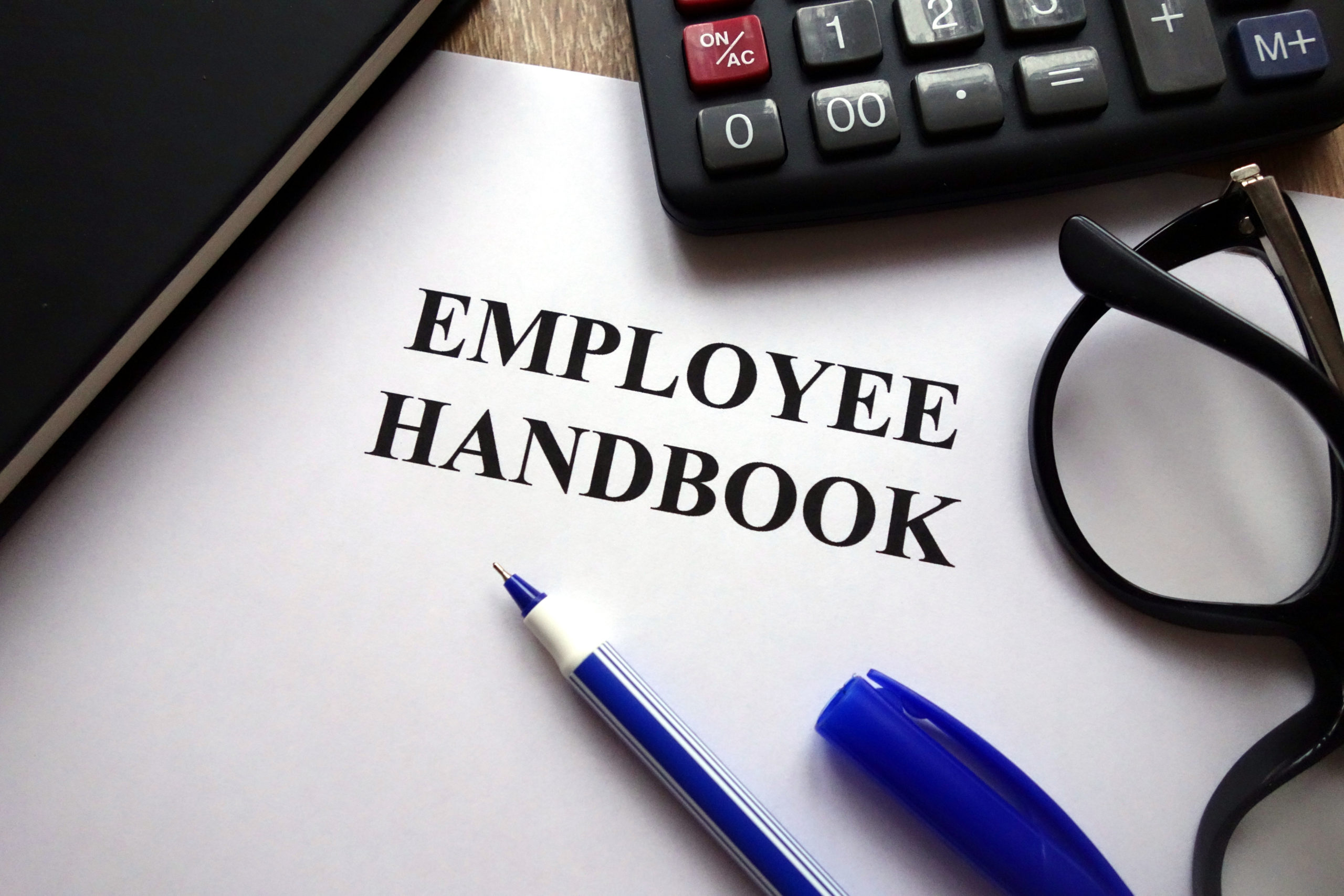Facing discrimination in the workplace can lead to one or more serious consequences that include feeling shame and experiencing financial distress. Whenever an employment discrimination attorney uncovers discriminatory practices in the workplace, the goal is to put the victim of discrimination in the same or nearly the same positions that the victim would have been if the discriminatory acts had never occurred.
In other words, a California employment lawyer strives to find legal remedies for clients that fit each unique case.
Although most victims of employment discrimination think about monetary damages as a legal remedy, there is a long list of possible legal remedies to give victims of discrimination back their pride and dignity.
Compensatory and Punitive Damages
A judge presiding over an employment discrimination claim can award both punitive and compensatory damages to the plaintiff. Financial awards cover discriminatory acts based on one or more of the following factors.
- Race
- Gender
- Color
- National origin
- Religion
- Disability
Compensatory damages cover the costs paid for out of pocket by a victim of workplace discrimination, which can include the costs associated with medical bills and job search expenses. Victims receive compensatory damages for emotional suffering as well, although proving emotional suffering can be more difficult to prove than paying out of pocket expenses.
On the other hand, punitive damages punish an employer that implements discriminatory practices in the workplace. Judges typically award punitive damages for particularly harmful acts of discrimination that take a severe toll on a victim’s physical, mental, and/or emotional health.
Maximum amount of Punitive and Compensatory Damages Awarded to Victims
The limits placed on punitive and compensatory damages depends on the number of employees.
- Limit is $50,000 for employees with between 15 and 100 workers
- Limit is $100,000 for employers with between 101 and 200 workers
- Limit is $200,000 for employers with between 201 and 500 workers
- Limit is $300,000 for employers with more than 500 workers
For claims that involve age or sex discrimination, victims cannot recover punitive or compensatory damages. Instead, victims file a claim that seeks liquidated damages, which can be awarded to penalize extremely malicious acts of discrimination. Liquidated damages should equal the amount of back pay owed to a victim of age or sex discrimination in the workplace.
Additional Legal Remedies for Employment Discrimination in California
In California, the Department of Fair Employment and Housing (DFEH) enforces the state’s discrimination statutes. Victims of discrimination in the workplace file a Charge of Discrimination form that is submitted to the DFEH. A Charge of Discrimination represents a sworn statement that provides the DFEH with a broad outline of the discrimination charges.
The DFEH then notifies the employer about the discrimination allegations and requests the employer provide a written response to the allegations. Employers must also submit relevant documents such as performance evaluations, anti-discrimination policies, and any documents that demonstrate disciplinary action against the complainant. California employment discrimination statutes require employers to conduct a thorough investigation into the allegations of workplace discrimination.
The Right to Sue
In most cases, the California Fair Employment and Housing Council (FEHC) has the first opportunity to address the allegations of employment discrimination. After completing an investigation, the FEHC notifies the worker who filed the discrimination complaint about the victim’s right to file a lawsuit in a civil court. The letter also informs the complainant about how long the complainant has to file a civil lawsuit.
If an employment discrimination claim reaches the civil court stage, both parties must present evidence that supports their sides of the legal story. Documents represent the most convincing type of evidence, with witness accounts corroborating what is presented in the documents. After hearing from both sides, the judge overseeing the lawsuit renders a decision. Sometimes, judges try to convince both parties to settle the case before rendering a decision.
In addition to punitive, liquidated, and compensatory damages, a judge can also declare one or more of the following remedies:
- Promotion
- Reinstatement
- Cease and desist order
- Legal fees
- Expert witness fees
- Changing the hiring decision
- Changing the termination decision
- Termination of one or more of the employees involved in the discriminatory acts

Consult with an Experienced Employment Lawyer
A victim of discrimination has several potential legal paths to take to get justice for dealing with discriminatory acts in the workplace. Working with a California employment attorney can help you go down the right legal path, whether the path leads you to compensatory damages or some other form of legal remedy.





